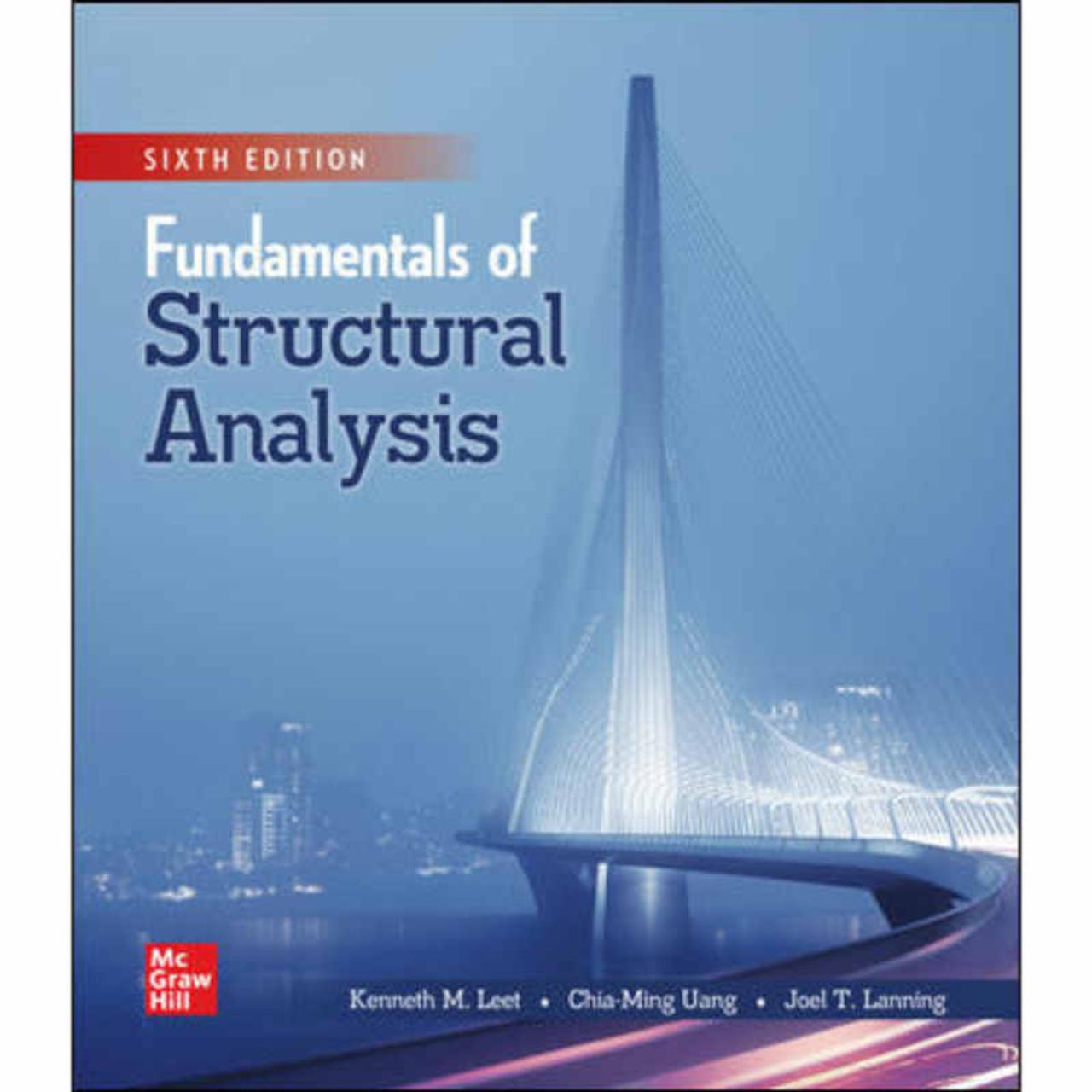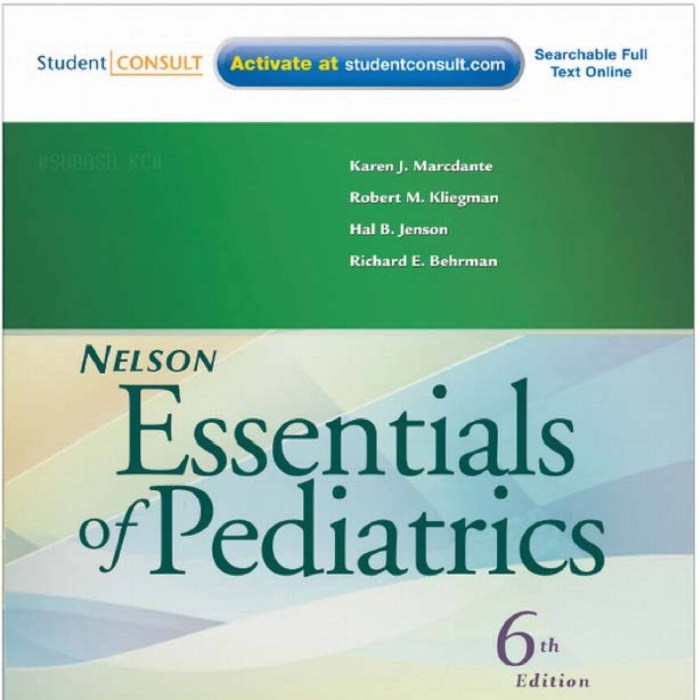The essentials of political analysis 6th edition – Embark on an enlightening journey into the realm of political analysis with “The Essentials of Political Analysis, 6th Edition.” This definitive guide unravels the intricacies of political research, empowering readers with the knowledge and skills to navigate the complex landscape of political phenomena.
Prepare to delve into a world where data, analysis, and interpretation converge to illuminate the machinations of power and decision-making.
Through its comprehensive exploration of research design, data collection, and statistical techniques, this text equips readers with the tools to conduct rigorous political analysis and draw informed conclusions. Its case studies and real-world examples provide invaluable insights into the practical applications of political analysis, showcasing its transformative impact on public policy, political campaigns, and international relations.
Introduction

Political analysis is a systematic and rigorous approach to understanding political phenomena. It involves the use of research methods and techniques to collect, analyze, and interpret data about political institutions, processes, and behaviors. The essentials of political analysis are crucial for understanding how political systems function, how decisions are made, and how power is distributed and exercised.
Research Design in Political Analysis
Research design is the foundation of political analysis. It involves making decisions about the type of research to be conducted, the methods to be used for data collection, and the analysis techniques to be employed. There are various research designs available, each with its own strengths and weaknesses.
The choice of research design depends on the research question being asked and the type of data that is available.
Experimental Designs
Experimental designs are used to test the effects of one or more independent variables on a dependent variable. They involve randomly assigning participants to different treatment groups and then measuring the effects of the treatment on the dependent variable. Experimental designs are considered to be the most rigorous type of research design, but they can be difficult and expensive to conduct.
Observational Designs
Observational designs are used to study phenomena that cannot be manipulated experimentally. They involve observing and recording data about the independent and dependent variables without manipulating them. Observational designs are less rigorous than experimental designs, but they can be more feasible and less expensive to conduct.
Case Study Designs
Case study designs are used to study a single case in depth. They involve collecting data from a variety of sources, such as interviews, documents, and observations. Case study designs are useful for exploring complex phenomena and generating hypotheses for further research.
Data Collection and Measurement

Data collection is the process of gathering data about political phenomena. There are a variety of methods for collecting data, including surveys, interviews, content analysis, and observation. The choice of data collection method depends on the research question being asked and the type of data that is needed.
Validity and Reliability
Validity refers to the extent to which a research instrument measures what it is intended to measure. Reliability refers to the consistency of a research instrument. Both validity and reliability are important considerations when choosing a data collection method.
Measurement Scales
Measurement scales are used to classify the type of data that is collected. There are four main types of measurement scales: nominal, ordinal, interval, and ratio. The choice of measurement scale depends on the type of data that is being collected and the analysis techniques that will be used.
Data Analysis and Interpretation

Data analysis is the process of organizing, summarizing, and interpreting data. There are a variety of statistical techniques that can be used for data analysis, including descriptive statistics, hypothesis testing, and regression analysis. The choice of statistical technique depends on the research question being asked and the type of data that is available.
Descriptive Statistics
Descriptive statistics are used to summarize data and provide a general overview of the data set. They include measures of central tendency, such as the mean, median, and mode, and measures of variability, such as the range, standard deviation, and variance.
Hypothesis Testing, The essentials of political analysis 6th edition
Hypothesis testing is used to test the validity of a hypothesis. A hypothesis is a statement about the relationship between two or more variables. Hypothesis testing involves comparing the observed data to the expected data and determining whether the difference between the two is statistically significant.
Regression Analysis
Regression analysis is used to model the relationship between two or more variables. It involves fitting a line or curve to the data and using the line or curve to predict the value of the dependent variable for a given value of the independent variable.
Case Studies in Political Analysis
| Case Study | Research Question | Methods | Findings |
|---|---|---|---|
| The Impact of Campaign Spending on Election Outcomes | Does campaign spending have a significant impact on election outcomes? | Regression analysis of campaign spending and election outcomes data | Campaign spending has a significant positive impact on election outcomes. |
| The Role of Social Media in Political Mobilization | What is the role of social media in political mobilization? | Case study of the use of social media in the 2016 US presidential election | Social media played a significant role in mobilizing voters in the 2016 US presidential election. |
| The Impact of Gerrymandering on Electoral Outcomes | Does gerrymandering have a significant impact on electoral outcomes? | Analysis of election data and district boundaries | Gerrymandering has a significant impact on electoral outcomes. |
| The Influence of Interest Groups on Policymaking | What is the influence of interest groups on policymaking? | Interviews with policymakers and interest group representatives | Interest groups have a significant influence on policymaking. |
Applications of Political Analysis: The Essentials Of Political Analysis 6th Edition

Political analysis has a wide range of applications in the real world. It can be used to inform public policy, political campaigns, and international relations. Political analysis can also be used to understand the causes and consequences of political phenomena, such as war, poverty, and inequality.
Public Policy
Political analysis can be used to inform public policy by providing evidence about the effectiveness of different policies. For example, political analysis can be used to evaluate the impact of welfare programs on poverty or the impact of gun control laws on gun violence.
Political Campaigns
Political analysis can be used to inform political campaigns by providing information about the electorate, the issues that voters care about, and the effectiveness of different campaign strategies. For example, political analysis can be used to identify swing voters, target advertising, and develop campaign messages.
International Relations
Political analysis can be used to inform international relations by providing insights into the behavior of other countries and the factors that influence their foreign policy. For example, political analysis can be used to assess the threat posed by a particular country or to develop strategies for resolving international conflicts.
FAQ Compilation
What is the primary focus of “The Essentials of Political Analysis, 6th Edition”?
The text provides a comprehensive overview of the principles and practices of political analysis, encompassing research design, data collection, statistical techniques, and real-world applications.
How does the book enhance understanding of political phenomena?
Through its rigorous approach to research and analysis, the text empowers readers to critically evaluate political events, identify patterns, and draw informed conclusions about the factors that shape political outcomes.
What are the key strengths of this sixth edition?
The updated edition incorporates the latest advancements in research methods and statistical techniques, offering a cutting-edge perspective on the field of political analysis.